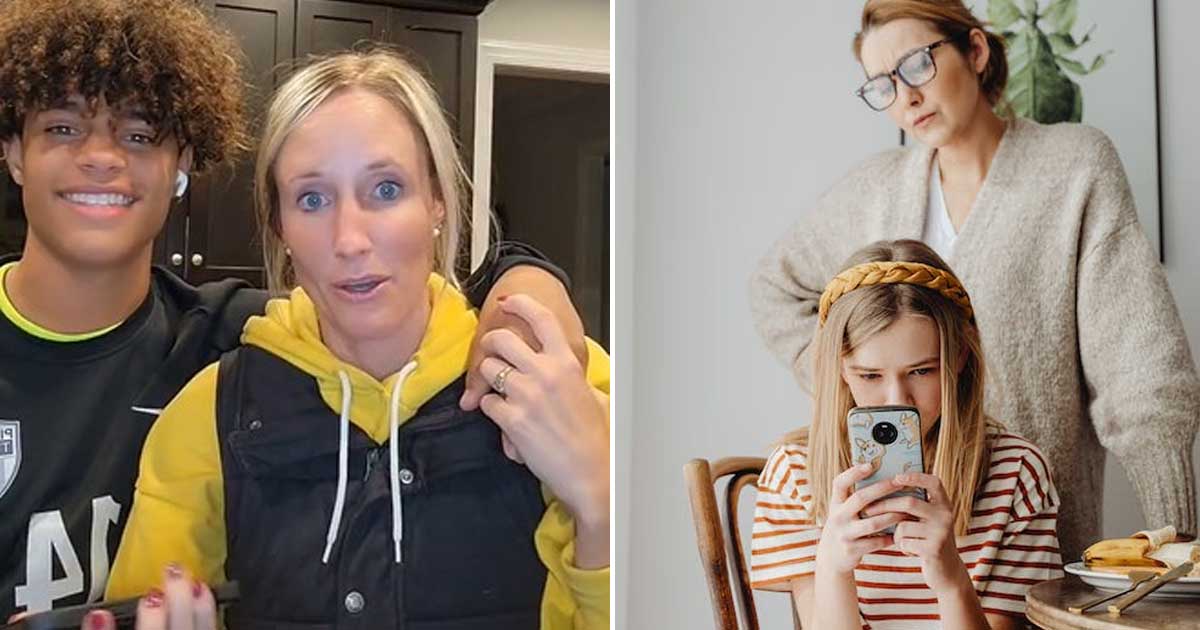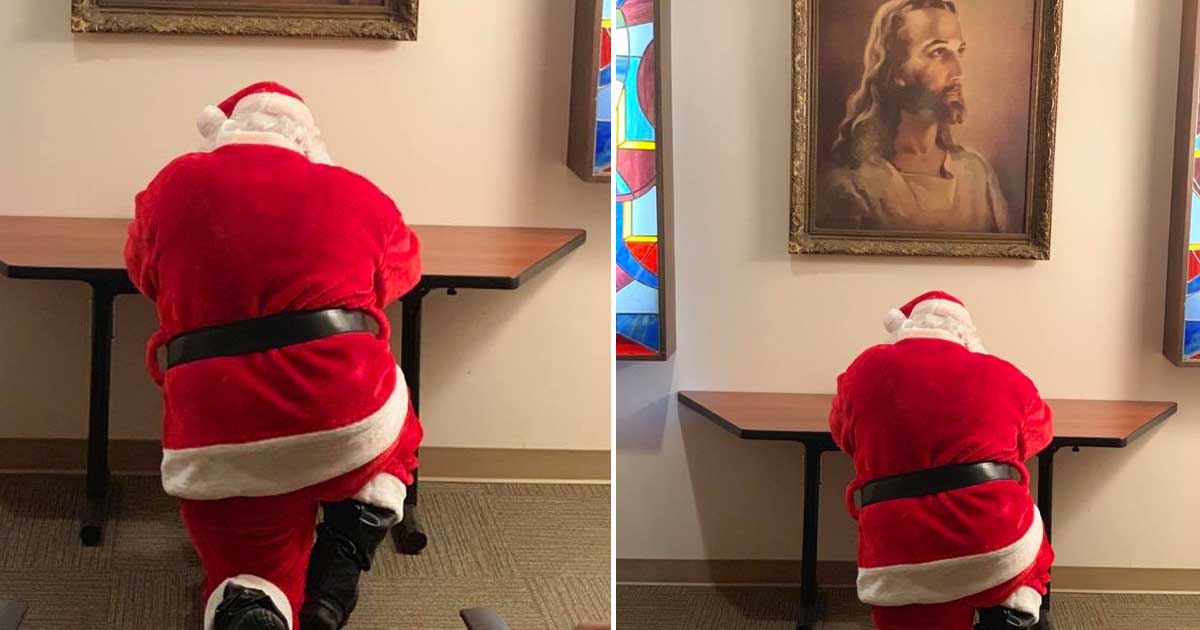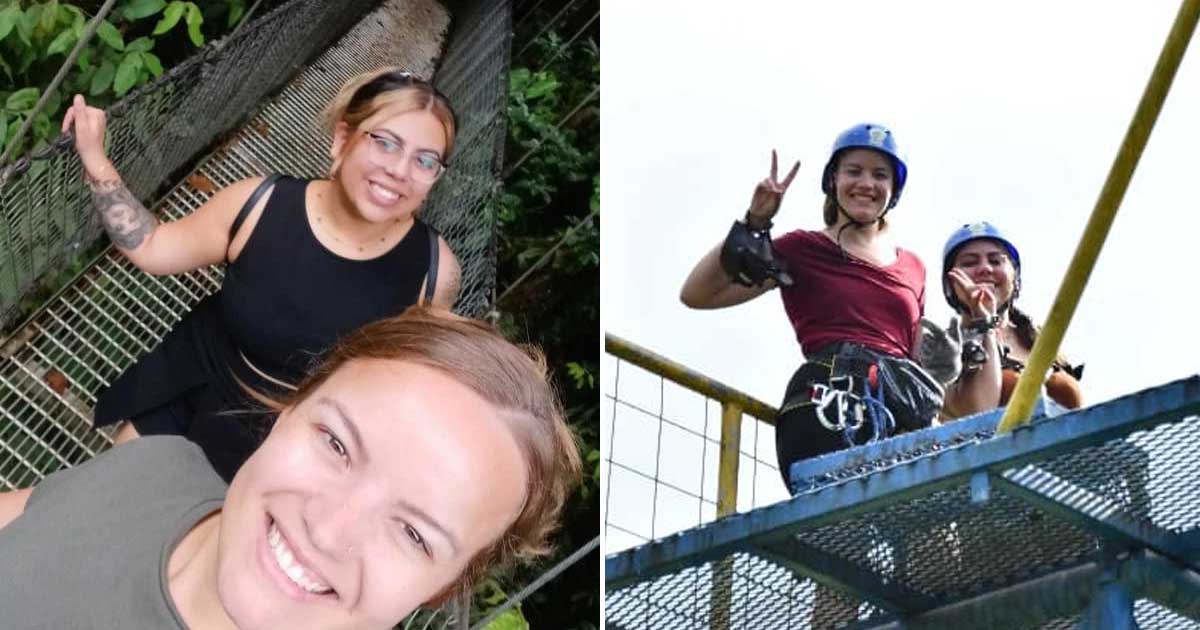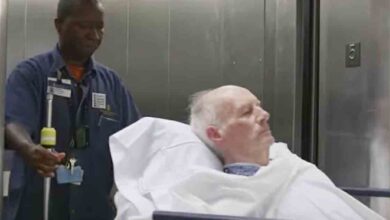Ana Obregón opens up about raising her granddaughter born from late son’s sperm
The Spanish actress says her granddaughter has given her life new meaning, but the pain of losing her son remains
Spanish actress Ana Obregón has shared a heartfelt update two years after welcoming a baby girl using her late son’s sperm, saying the child has brought her back to life—but hasn’t erased her grief.
Ana Obregón, now 70, made international headlines in 2023 when she revealed that she had used the frozen sperm of her son, Aless Lequio—who died of cancer at just 27—to have a child via surrogacy. Aless had always wanted to be a father, and Ana was determined to fulfill that wish even after his death.
In March 2023, she welcomed baby Anita in the United States through a surrogate. Ana has since made it clear: she is Anita’s legal guardian and grandmother—not her mother.
“She is Aless’ daughter,” Ana explained in an interview with ¡Hola! magazine. “When she grows up, I will tell her that her dad was a hero.”
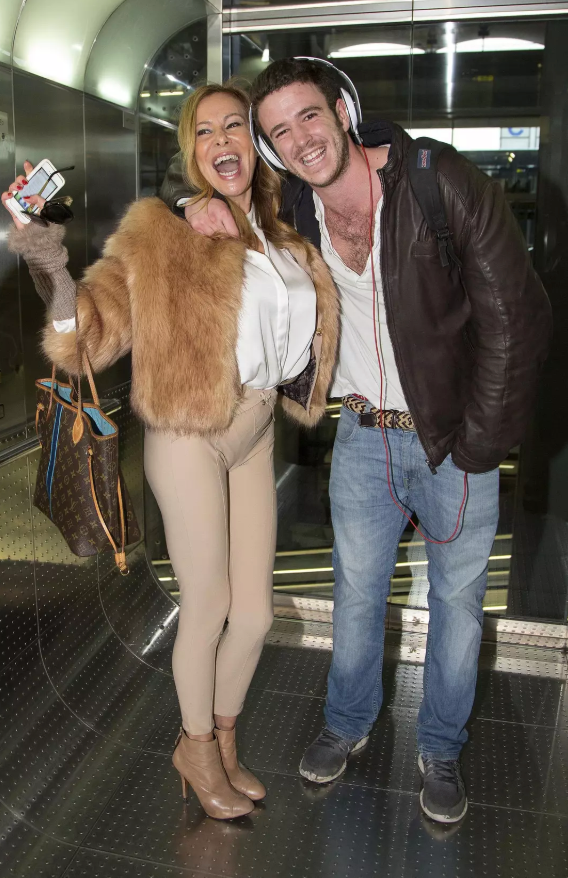
A bittersweet journey
While Ana cherishes her time with Anita, she also spoke honestly about the physical and emotional challenges of raising a young child in her 70s.
“My house is full of stuffed animals and toys,” she said in a recent TV appearance. “I even have a little ball pool where she makes me dive in.”
But she admitted that carrying the toddler is starting to take a toll. “Picking her up is getting harder on my back,” Ana shared with a smile.
Behind the joy, however, remains a deep sense of loss. She still mourns her only son, whose sudden cancer diagnosis at 25 shattered both their lives.
“We go through life thinking we’re eternal,” she said. “Then one day someone tells you that you have aggressive cancer. It’s not something you’re ever prepared for.”
Legal and ethical debate
Ana’s decision sparked intense debate in Spain and beyond—not just because of the emotional story, but due to the legal gray areas involved.
Surrogacy is illegal in Spain, which is why Anita was born in the U.S., where Ana later adopted her to become her official guardian. While some praised her for honoring her son’s wish, others questioned the ethics and legality of posthumous reproduction.
Still, Ana has been open about her motivations. She said that after losing Aless, she felt like she had died, too. Only with Anita’s birth did she begin to feel truly alive again.
Learning to live with loss
In an interview marking Anita’s second birthday, Ana reflected on her grief:
“I’ll never feel the happiness I had when Aless was alive again. That pain never goes away. You don’t get over the death of a child—you just learn to live with it.”
She added, “I was dead for three years after Aless died… Anita brought me back to life.”
Ana’s story has touched many people around the world, especially those who have lost a child or struggled with infertility. It also raises difficult questions about parenthood, grief, ethics, and the power of love that doesn’t end—even in death.
Whether you agree with Ana’s decision or not, her story is a reminder of how far some will go to keep a loved one’s memory alive.
